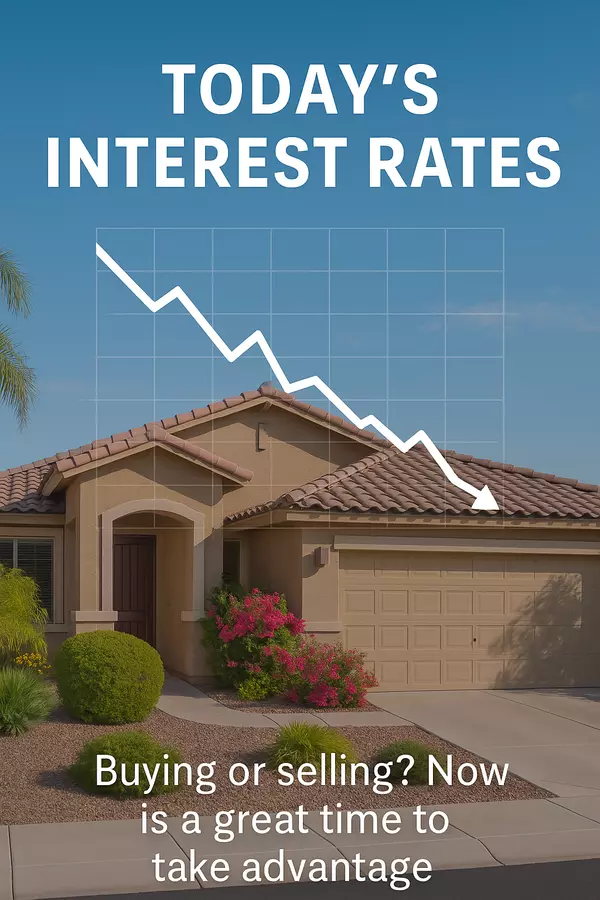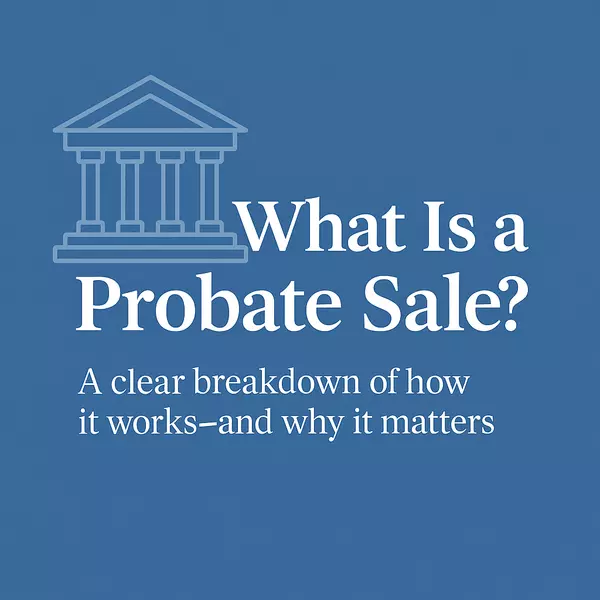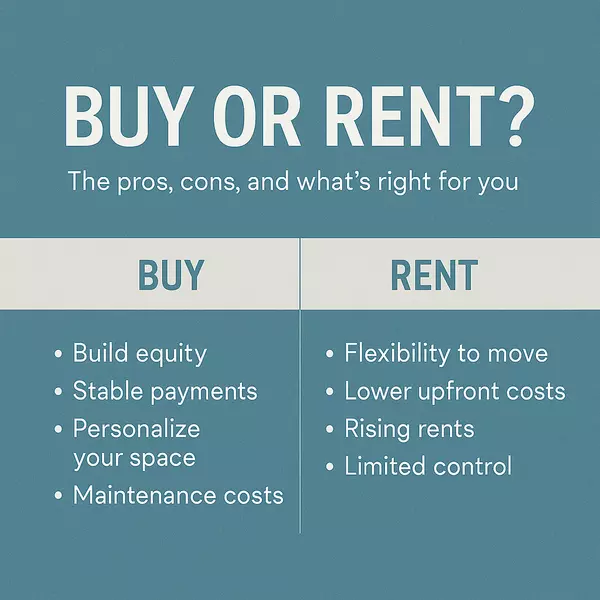The Hidden Costs of Buying a Home (And How to Plan for Them)

The Hidden Costs of Buying a Home (And How to Plan for Them)
When you’re thinking about buying a home—especially if it’s your first time—it's easy to focus on the big-ticket numbers like the down payment and the monthly mortgage. But beneath the surface are several lesser-known costs that can sneak up on you if you’re not prepared.
In this post, we’ll break down the most common hidden costs, what they mean for your budget, and how to plan ahead so you don’t get caught off guard.
What Are Hidden Costs?
Hidden costs are expenses that aren’t always discussed upfront during the homebuying process but can significantly affect your overall investment. These are the extras beyond the price tag of the home.
The Most Common Hidden Costs to Expect
1. Closing Costs
Typically 2%–5% of the home’s purchase price, closing costs can include:
-
Loan origination fees
-
Title insurance
-
Escrow fees
-
Appraisal fees
-
Recording fees
Tip: Ask your lender for a Loan Estimate early in the process—it outlines your closing costs.
2. Home Inspections & Specialty Inspections
A general home inspection runs $300–$500, but additional inspections (roof, pool, sewer scope, etc.) can add to your out-of-pocket costs. They’re worth it for peace of mind.
3. Moving Expenses
Whether you’re hiring movers or renting a truck, don’t forget to factor in costs for moving supplies, utility transfers, and setup fees.
4. Immediate Repairs or Updates
Even if a home is in good shape, you might still need to:
-
Replace carpets
-
Repaint walls
-
Upgrade fixtures
5. Furniture & Appliances
Budget for essentials you might need right away, like a washer and dryer, refrigerator, or window coverings.
6. Property Taxes & Homeowners Insurance
These may be included in your mortgage payment (via escrow), but they vary by location and home value. Don’t rely on ballpark estimates—get accurate figures.
7. HOA Fees
If you’re buying in a community with a homeowners association, expect monthly or quarterly dues. Some HOAs also charge transfer fees at closing.
8. Home Warranty (Optional but Common)
Many buyers opt for a one-year home warranty for added protection. These typically cost $400–$700.
What This Means for Buyers
If you’re budgeting to buy a home, plan for an additional 3–7% on top of your down payment. Having a cushion can make the difference between a smooth move and financial stress.
Here’s what you can do:
-
Get a full cost breakdown from your agent and lender
-
Ask if any costs can be covered by seller concessions
-
Prioritize your wish list vs. must-haves for upgrades
What This Means for Sellers
Sellers can stand out by offering to cover some buyer closing costs, especially in a more balanced market. This can help your home appeal to buyers on a tight budget without reducing your list price.
Also, a pre-listing home inspection can ease buyer concerns and reduce negotiation surprises.
What This Means for Me as a Las Vegas Real Estate Agent
My job is to help buyers avoid financial surprises—and that starts with transparency. When we work together, I make sure you know what’s coming, from inspections to utilities to HOA quirks.
I also guide buyers on:
-
How to use down payment assistance programs to offset other costs
-
When it makes sense to negotiate closing costs or warranties
-
What updates are worth doing now vs. later
For sellers, I’ll help you understand what buyers are up against, and we’ll craft a strategy that gets you top dollar and makes your home stand out.
Final Thoughts
Buying a home is one of the biggest financial moves you’ll make—but it doesn’t have to be overwhelming. By planning ahead for these hidden costs, you’ll be better prepared and more confident from start to finish.
Thinking about buying or selling? Let's build a plan that includes everything—not just the price tag.
Categories
Recent Posts










